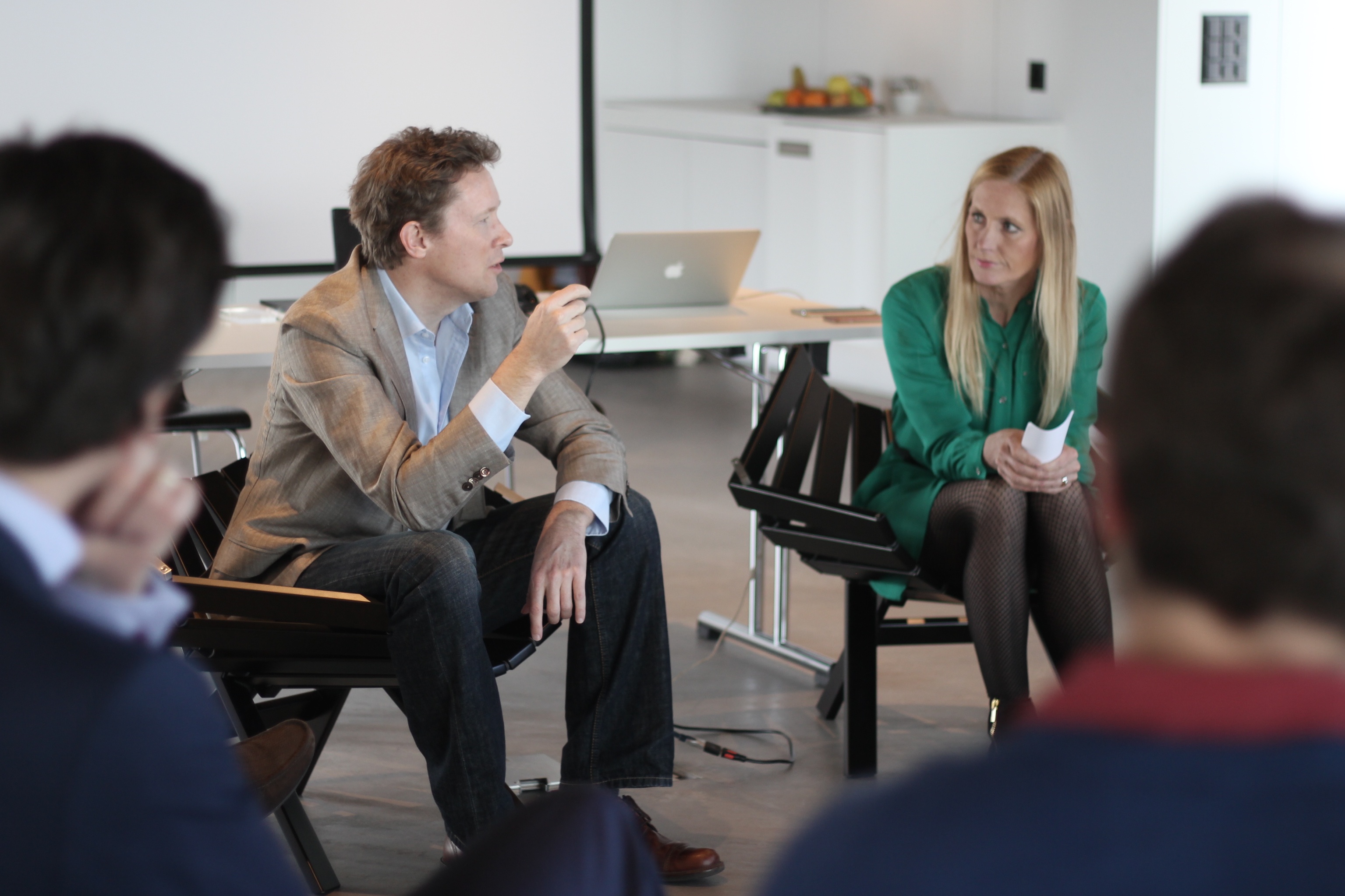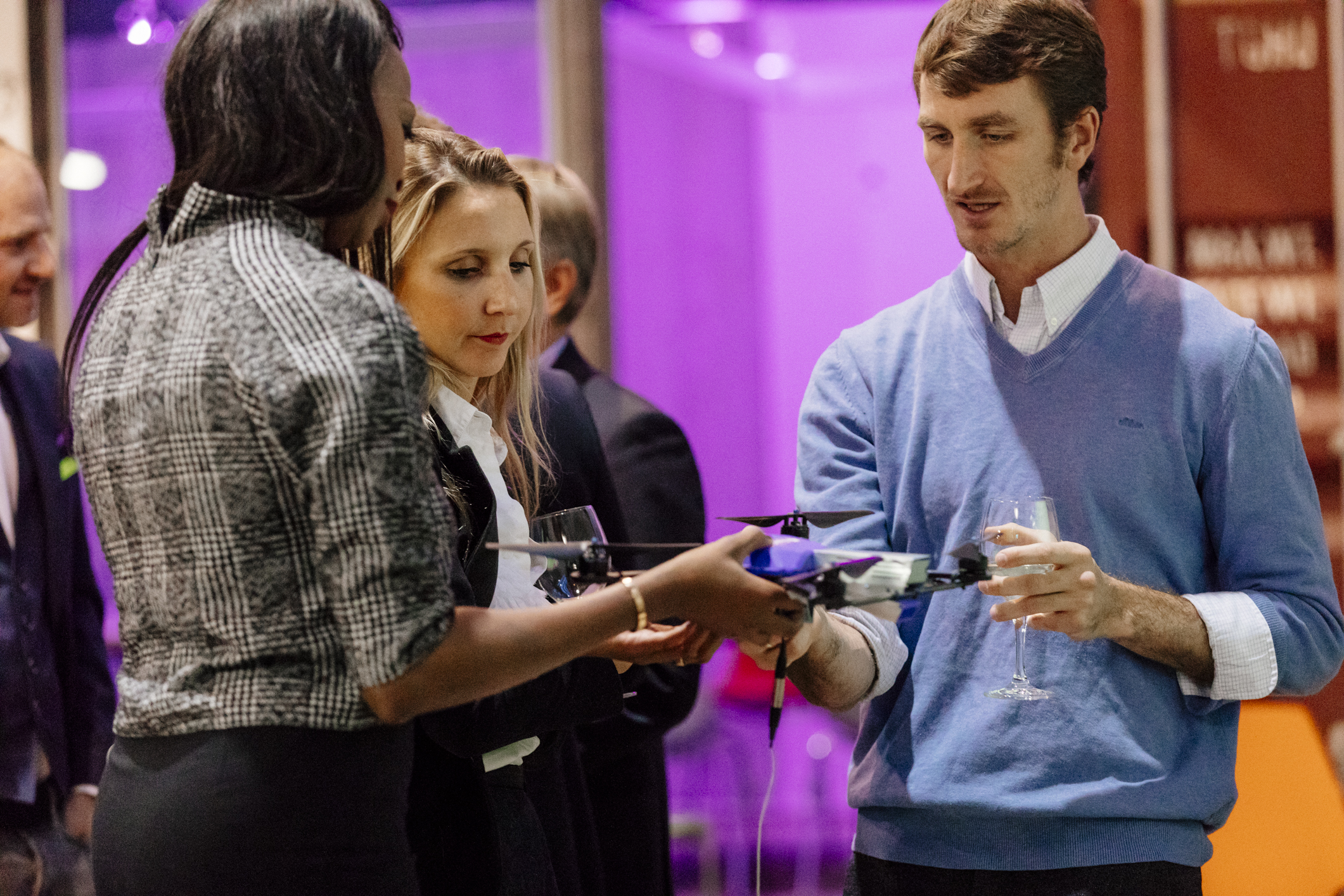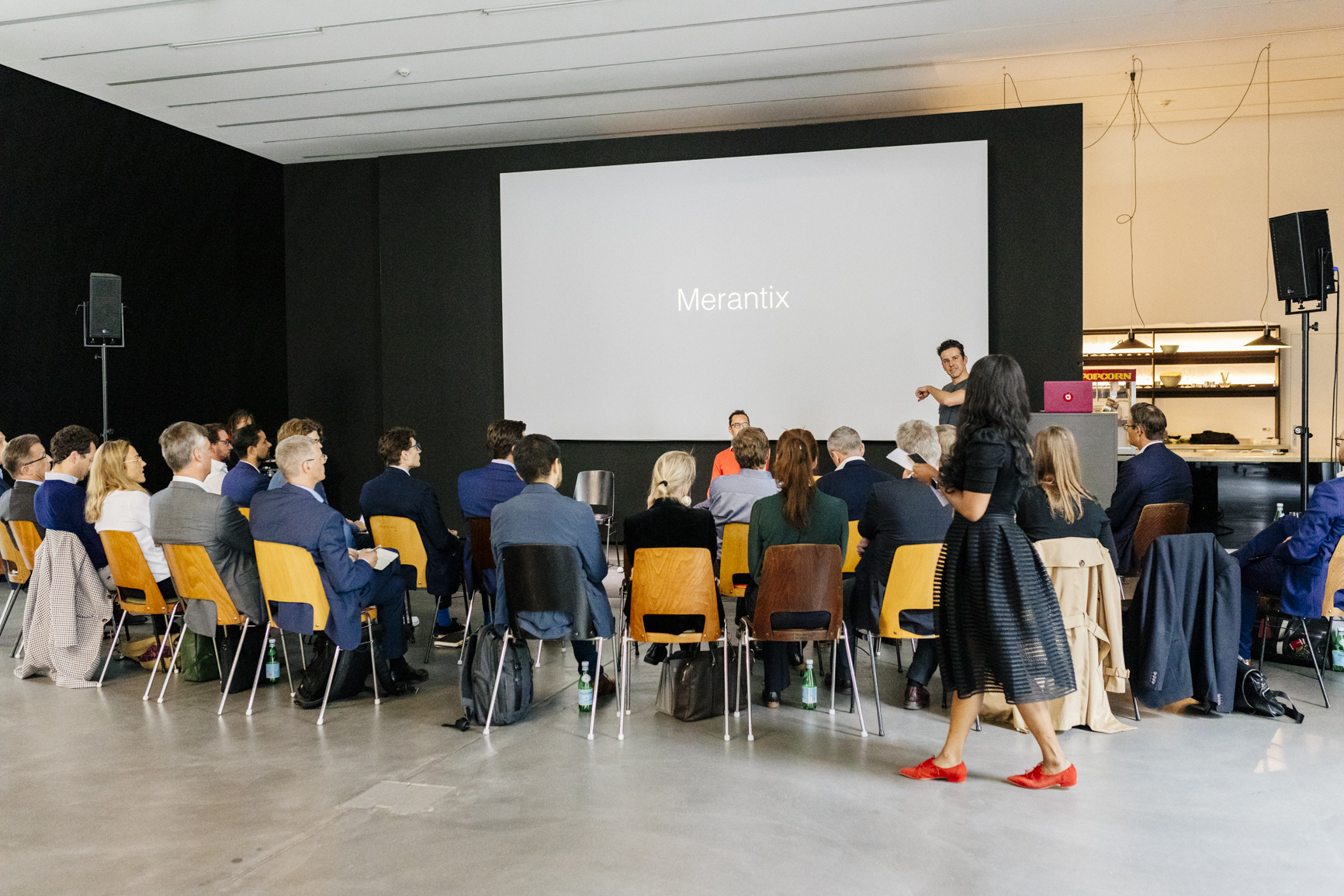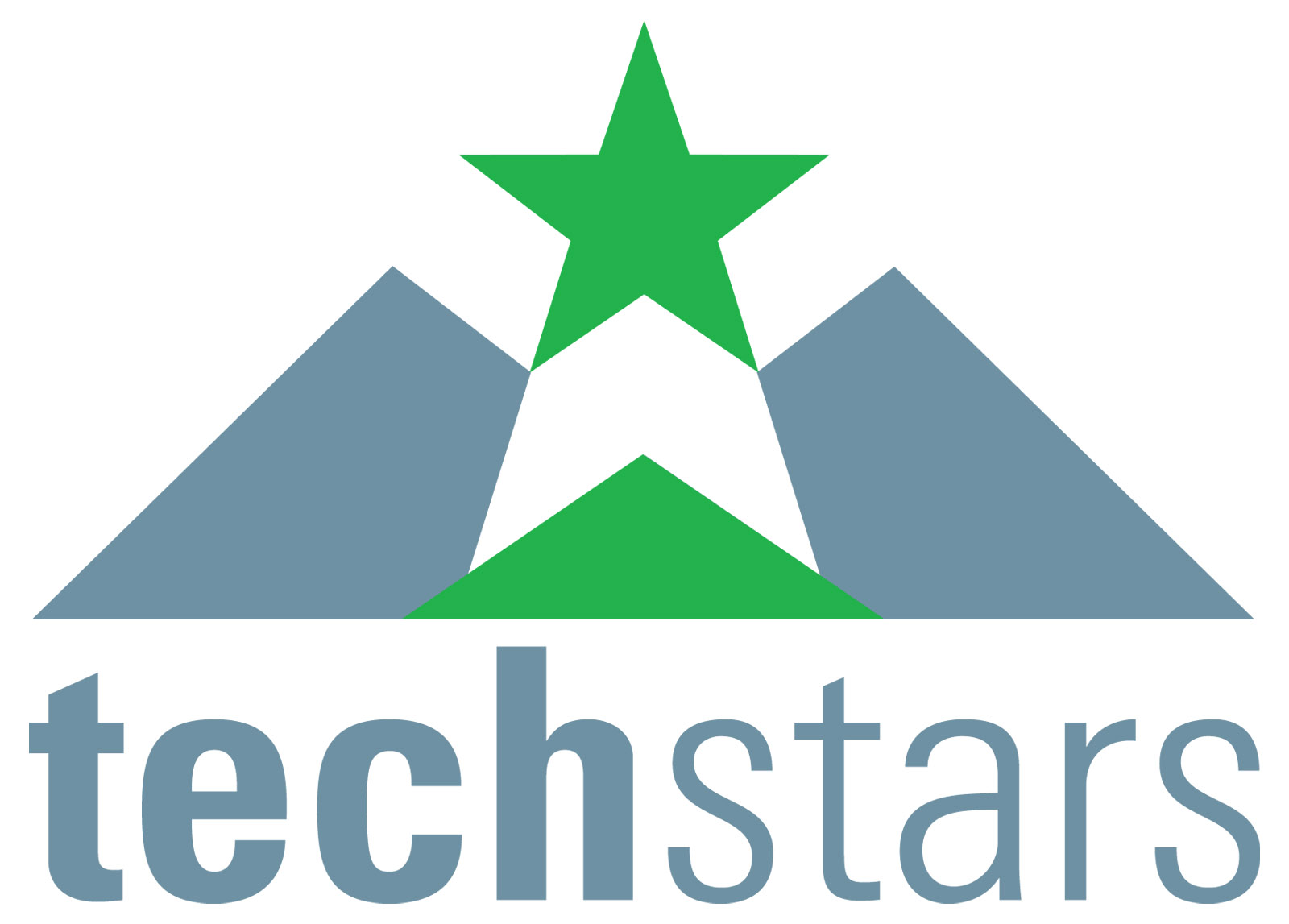On April 20th, Minds2Capital welcomed industry leaders, family office investors, and entrepreneurs in the tech space to an intimate lakeside chat on Tech Trends in 2016 at Whitspaceblackbox, Neuchatel! Our speakers hit the issues hard leading to engaging discussions on Marketplaces and AI/Machine Learning.
Michael van Swaaij, founder of eBay Europe, and Kerstin Cooley, CEO Moor, gave us unique insights into what it takes to build leading Internet marketplace businesses. Alex Housley, CEO Seldon, and Marc Sloan, CEO of Context Scout, two powerhouse CEOs building companies that use machine learning technology educated us on the many ways in which artificial intelligence can make businesses more efficient.
Key Investor Takeaways:
Marketplaces
How to spot trends and conditions for success in marketplaces?
1. Understand the problem. 2. Does the technology exist to solve it?
• The most exciting opportunities come in areas where no-one is looking. We are never at end point where we can’t improve on the status quo.
• When supply and demand in a sector are not optimal – focus on the inefficiency – marketplaces can help solve it.
• The best companies focus on value creation and have the assets to execute once they have identified the link with the core problem.
Artificial Intelligence: Machine Learning
• Watch our speaker, Alex Housley, CEO of Seldon, give a powerhouse pitch on how Seldon is using machine learning to change the way we do businesses.













